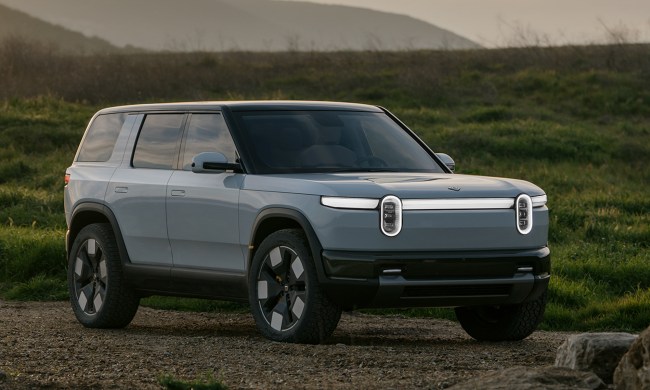- Home
- Cars
Cars
In the world of cars, speed and power are taking a back seat to advancements in technology and innovation. We’ll explain the how and why. Come along for the ride.
Explore More



Ford offers 10-year warranty as EcoBoost engine-failure probe ends
A two-year probe ends as Ford agrees to provide a 10-year warranty on vehicles potentially affected by faulty EcoBoost engine.

What is an EREV? Hybrid electric vehicle tech explained
Scout Motors recently announced two new EREVs -- but what exactly is an EREV, and how does one differ from a traditional plug-in hybrid?

Rivian offers $3,000 off select EVs to gasoline, hybrid vehicle drivers
Rivian is offering gas-powered vehicle owners $3,000 off the purchase of select EVs.

Ford ships new NACS adapters to EV customers
Amid slowing supply from Tesla, Ford is turning to Lectron, an EV-accessories supplier, to provide (NACS) adapters to its customers.
From Our Partners

In partnership with Surfshark

In partnership with MSI

In partnership with TORRAS

In partnership with Beatbot

Aptera’s 3-wheel solar EV hits milestone on way toward 2025 commercialization
Aptera just completed a successful test drive of PI-2, the first production-intent version of its futuristic-looking two-seater, three-wheel solar EV.

Scout Motors Terra electric truck: everything we know
Scout Motors has been revived, and it has unveiled a new electric truck called the Scout Motors Terra. Here's everything we know so far.

Scout Motors Traveler SUV: everything we know so far
Another electric SUV is on the way. Volkswagen Group has announced that it's bringing back the Scout name for the new Scout Motors Traveler SUV.

Scout Motors creates connections with its new electric Terra truck and Traveler SUV
The reveal event for the electric Terra truck and Traveler SUV aimed to establish a solid connection between the concept EVs and the attendees.

Pirelli’s new ‘Cyber Tyre’ could be the next traction control
Italian tire manufacturer Pirelli is leading the charge toward smart tires with its new Cyber Tyre. What makes this piece of rubber so special. We'll tell you.

The UK’s Wayve brings its AI automated driving software to U.S. shores
The UK’s Wayve brings its AI automated driving software to U.S. shores.

Costco partners with Electric Era to bring back EV charging in the U.S.
Costco is again putting its brand name on an EV-charging station in the U.S.

Stellantis’ 2027 Dodge Charger Daytona might feature solid-state battery tech
Stellantis will launch a demo fleet of Dodge Charger Daytona EVs featuring Factorial's solid-state battery tech.

Robotaxi aside, a $25,000 EV would be pointless, Tesla CEO says
Elon Musk says that a regular $25,000 Tesla model would be “pointless.”

Scout Traveler and Scout Terra forge a new path for EVs
The Volkswagen Group's new Scout Motors EV brand kicks off with an electric pickup truck and SUV launching in 2027.

Qualcomm wants to power your next car with the Snapdragon Cockpit and Ride Elite platforms
Qualcomm is making deeper investments into the automotive industry through the new Snapdragon Cockpit Elite and Snapdragon Ride Elite platforms.

Tesla and Elon Musk sued over use of AI image at Cybercab event
The film company behind Blade Runner 2049 is suing Tesla and Elon Musk for alleged copyright infringement related to the recent Cybercab event.

Are self-driving cars the death of car ownership?
Plenty of companies are investing in self-driving car tech, but if that tech becomes a reality, what does it mean for car ownership?

The Nissan Rogue is joining the plug-in hybrid club in 2025
Nissan will add a plug-in-hybrid powertrain to the 2026 Rogue compact SUV, which should be available stateside in 2025.

Rivian gets Knight Rider spooky for Halloween
The Rivian Mobile App offers Halloween Car Costumes, such as the iconic K.I.T.T. from Knight-Rider.

Nissan launches charging network, gives Ariya access to Tesla SuperChargers
Nissan's new charging network gives its EVs access to 90,000 charging stations. Ariya and 2025 EVs will also be able to access Tesla's SuperCharger network.

Branded
How Lenovo Is Powering Formula 1®— the world’s most technologically advanced sport
Lenovo is partnering with Formula 1 to bring its advanced computing, innovative solutions and AI-ready hardware to the fastest raceway on earth.
In partnership with



The 2025 GMC Sierra EV Denali is $10K cheaper than the 2024 model
The 2025 GMC Sierra EV Denali has been announced, and it's thankfully a whole lot cheaper than the 2024 model -- without sacrificing things like range.

Karma’s EVs are getting a Master & Dynamic audio upgrade
Karma Automotive has partnered with Master & Dynamic for the in-cabin audio systems of its newest EVs.

Everything we know about the Tesla Cybercab
Tesla has finally unveiled the Tesla Cybercab, its vision for the future of autonomous driving. Here's everything we know about the new vehicle so far.

2025 Porsche Macan EV first drive: electrifying a bestseller
The second-generation Porsche Macan is exclusively offered as an EV, which represents a bold move as it's one of the brand's highest sellers.

Is DC fast charging really that bad for your EV’s battery? We asked the experts
There are plenty of recommendations about how you should charge your EV, like that you shouldn't DC fast charge often. But does doing so really have an impact?

Volkswagen plans 8 new affordable EVs by 2027, report says
Volkswagen plans to bring eight new affordable EVs to market by 2027.

GM launches PowerBank, a battery that could rival Tesla’s PowerWall
GM launched the PowerBank battery pack, which allows EV owners to store and transfer energy from the electric grid and integrate with solar power.































